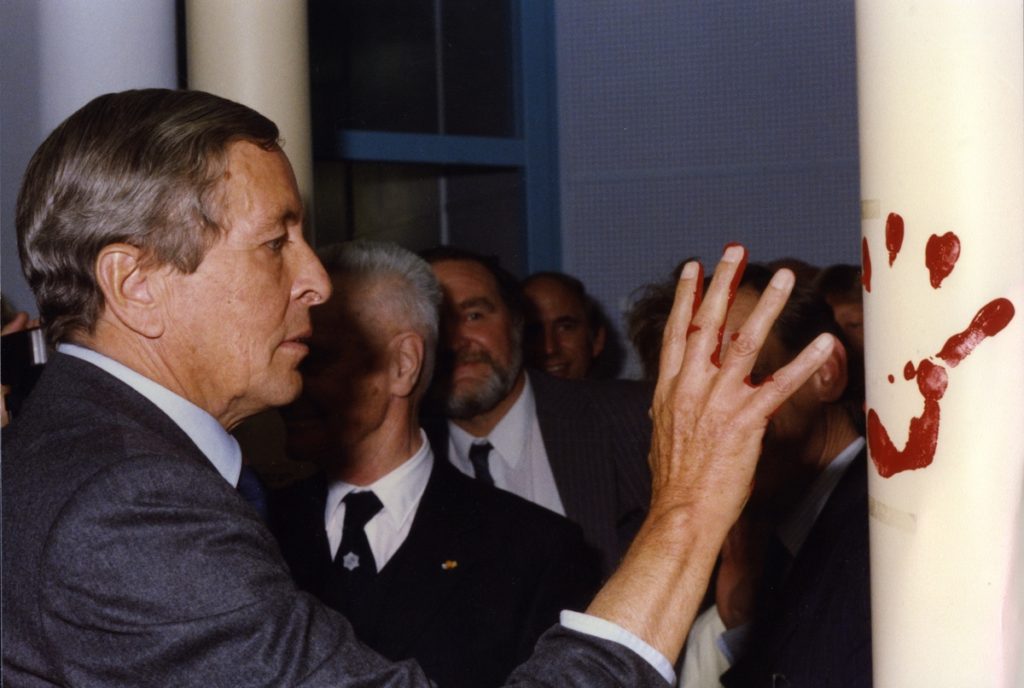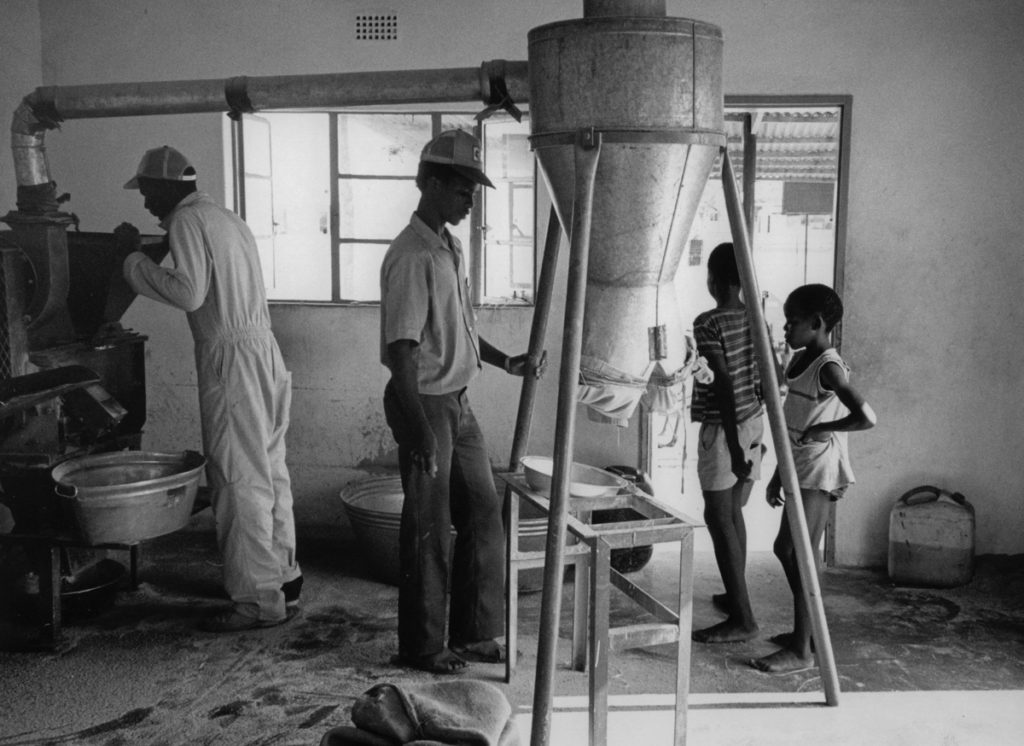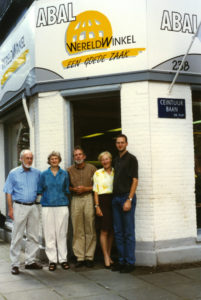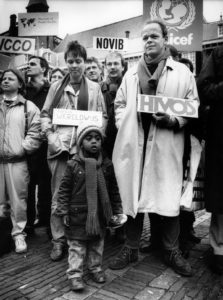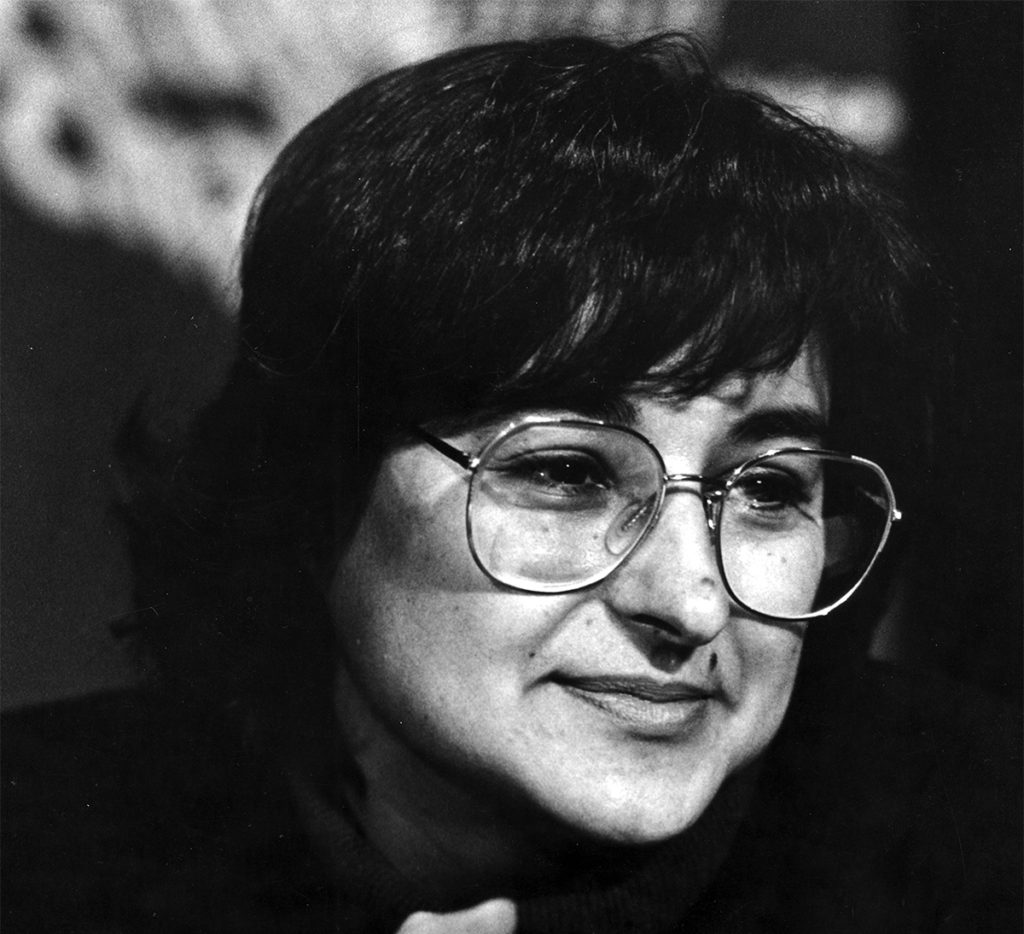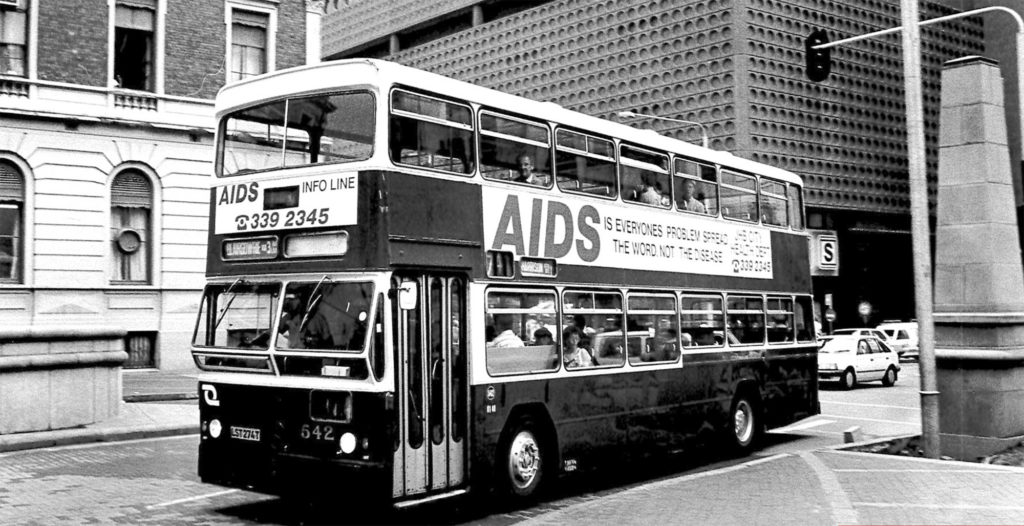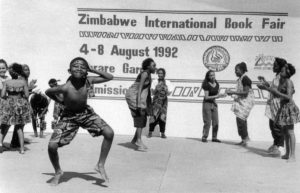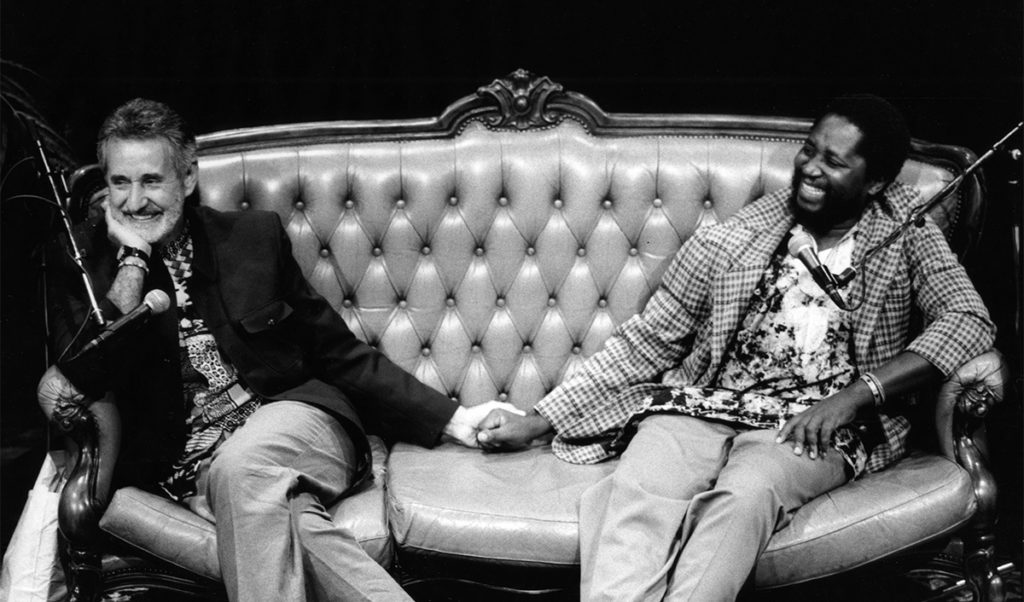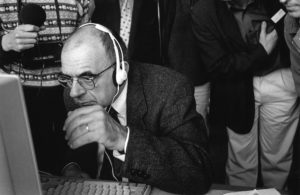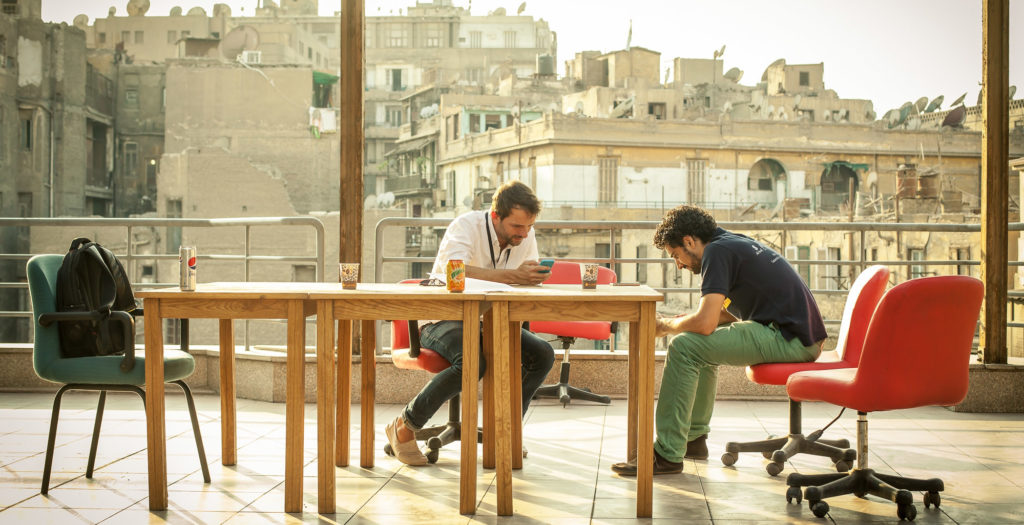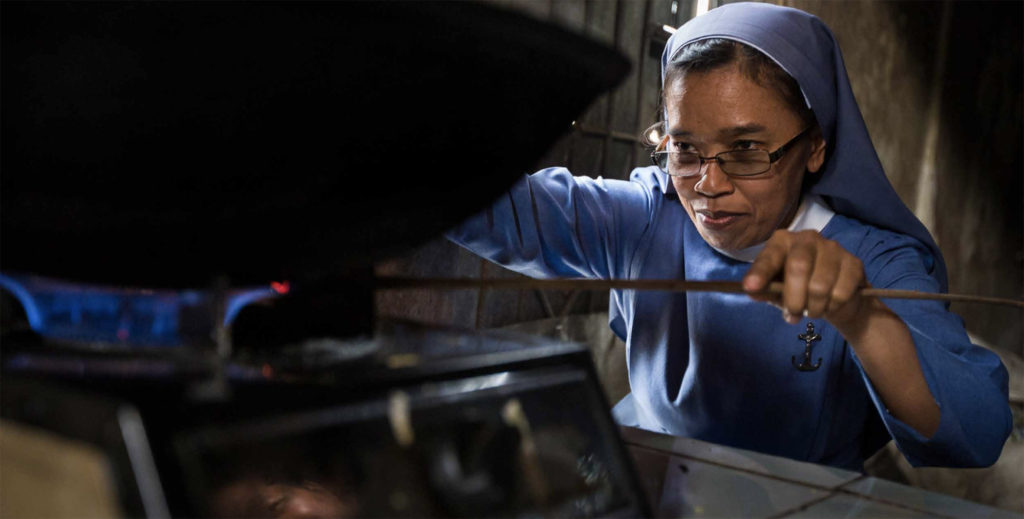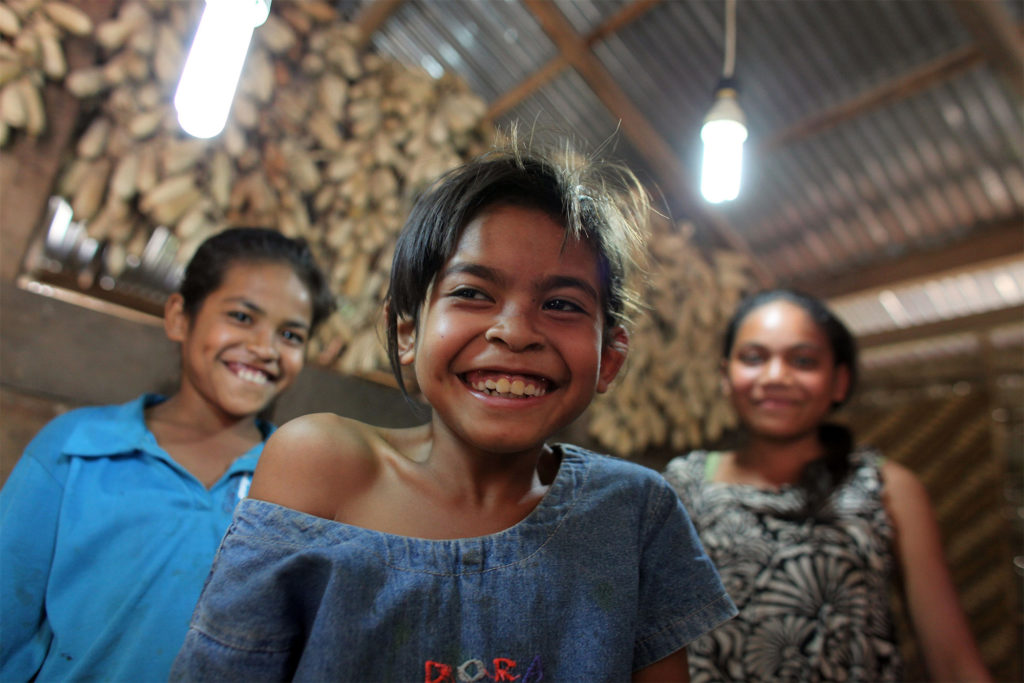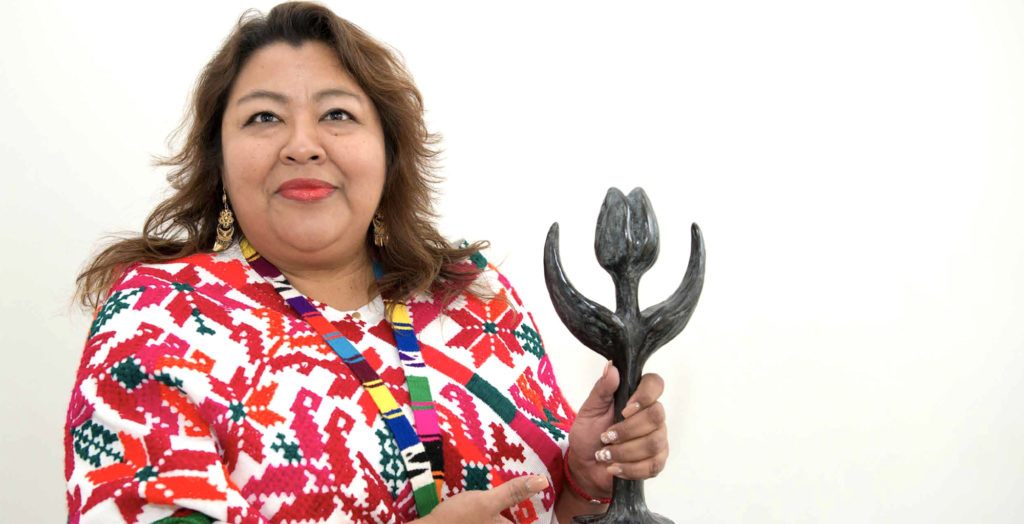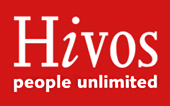
- 1968
- 1971
- 1975
- 1978
- 1985
- 1987
- 1988
- 1991
- 1993
- 1994
- 1995
- 2000
- 2004
- 2009
- 2010
- 2014
- 2017
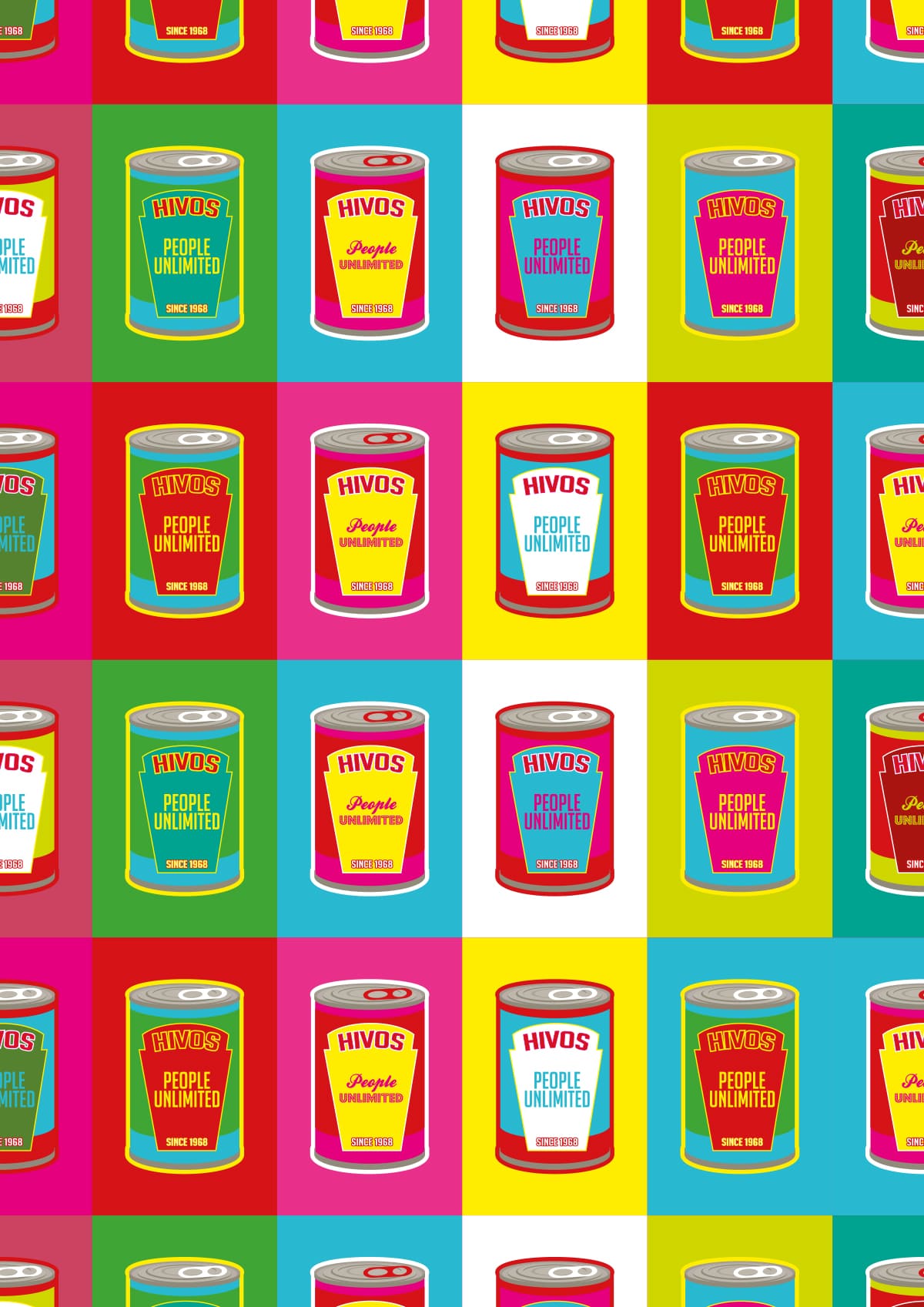
Born from an orphans’ fund
Hivos’ roots are indisputably humanistic. Faced with a Dutch ‘pillarized’ society in the 1950s, the free thinkers of the humanist movement aspired to create an independent, non-religious organization to express solidarity with ‘less-developed’ regions. Ever since, core humanist values such as freedom and self-determination have formed the basis of Hivos’ way of working.
Read more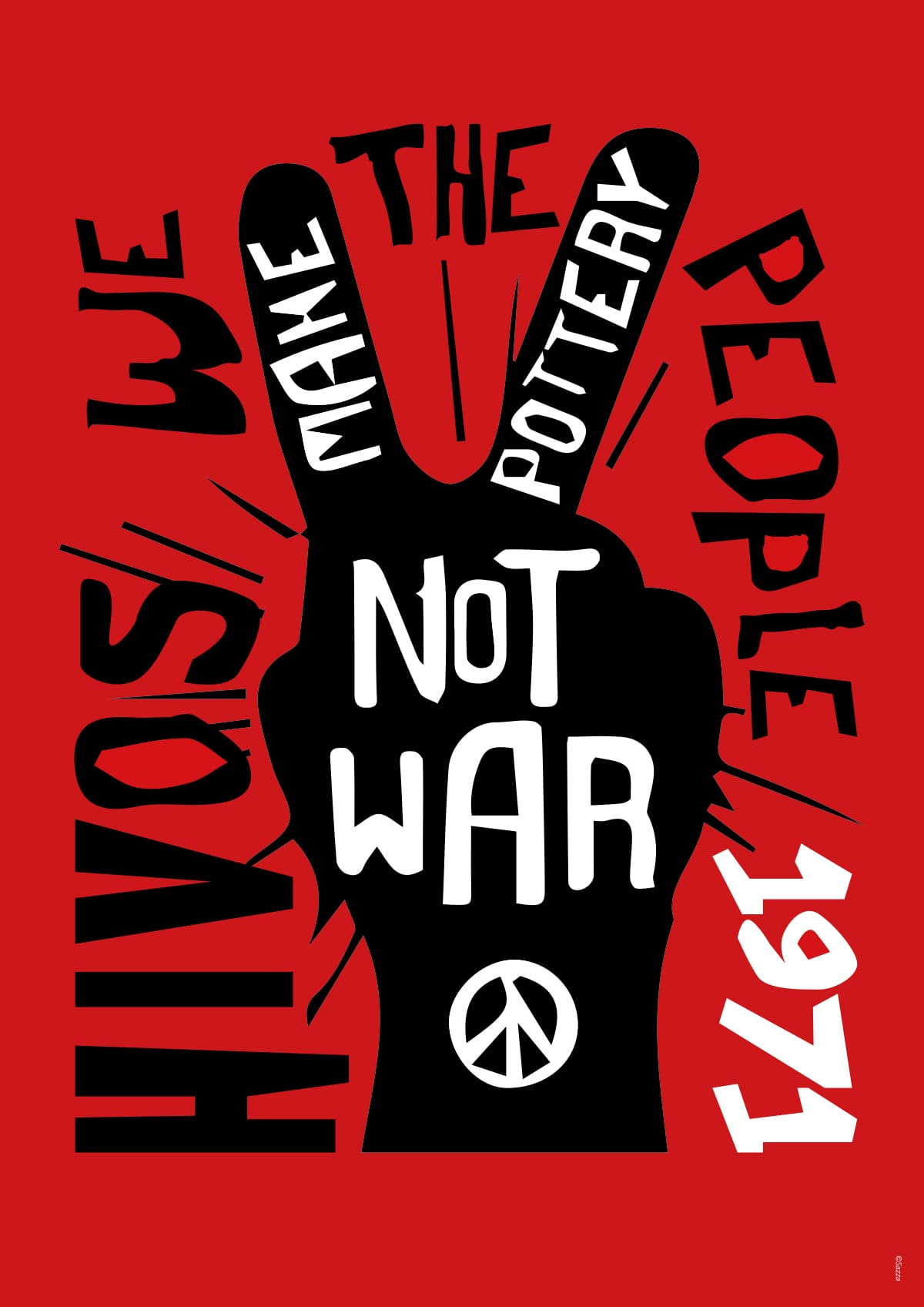
Microfinance in Mexico
Hivos’ first director, Robert Sorgedrager was determined to be innovative. He introduced a solid microcredit program: the Hivos Loan Fund. Sorgedrager, on the reaction from other organizations and the Dutch government: “They looked at me as if I had spoken blasphemy. You were supposed to give to the poor!” But Hivos’ humanist supporters embraced the approach, and money was lent not only to Mexican potters, but also to milliners and basket weavers.
Read more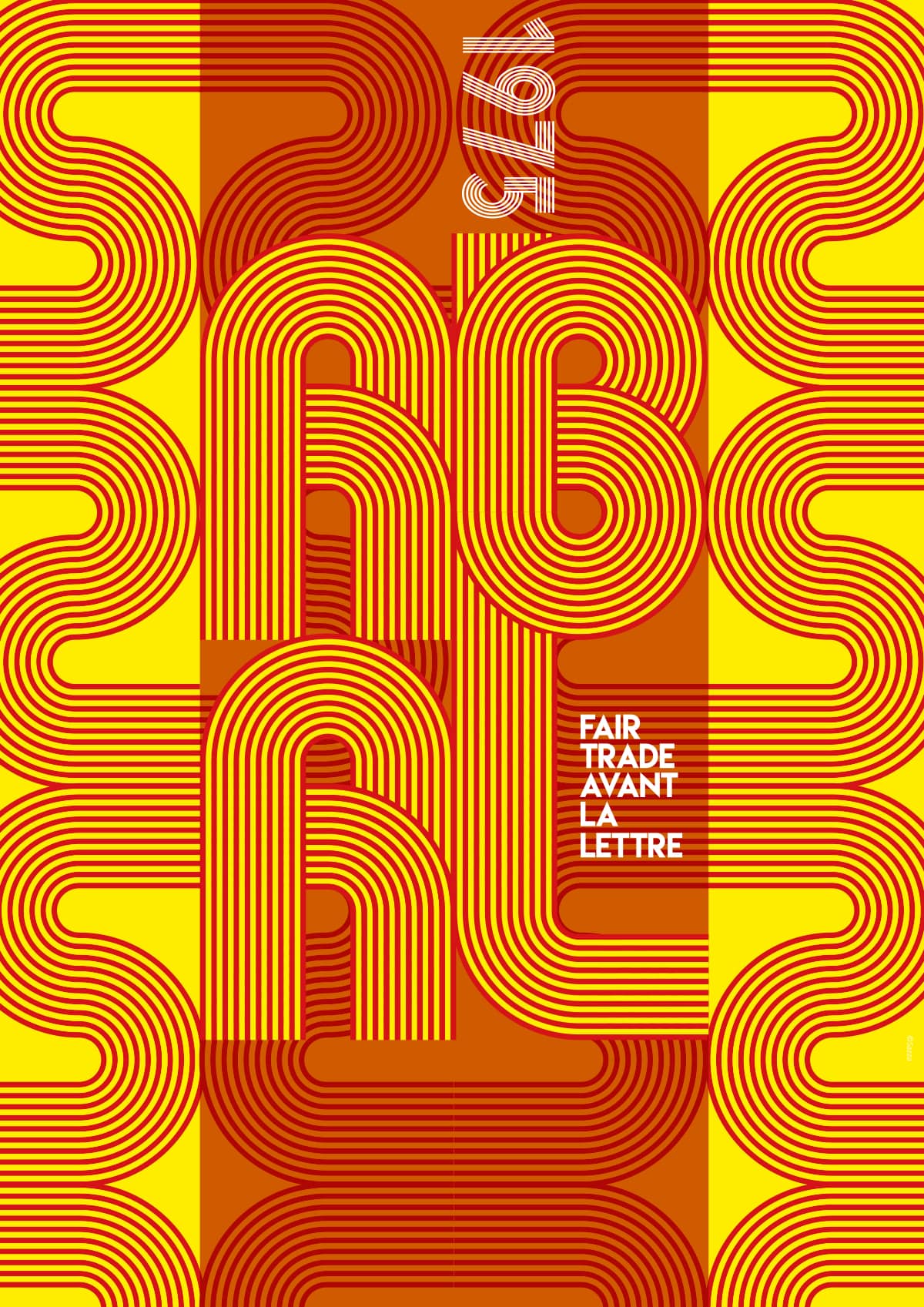
ABAL, fair trade avant la lettre
The Mexican pottery co-operatives that benefited from Hivos’ first loans also delivered the first products for another entrepreneurial Hivos initiative known as ABAL. In 1975, the first ABAL shops opened in The Hague and Amsterdam. They imported and sold items such as Mexican pottery, Sri Lankan batik and African carvings. Boxes of goods were stored in the home of then Hivos director, Bob Waisfisz, until his children complained that they could not even reach their own beds.
Read more
Hivos enters the Premier League
A key turning point in Hivos’ history was becoming a Co-Financing Organization (CFO). It took ten years of lobbying before the ‘big three’ Novib, CEBEMO and ICCO were forced by then Minister Jan Pronk to let Hivos join them. Hivos became a wealthy organization. Without this budget it could never have become the professional and influential player in the field of development cooperation that it is today.
Read more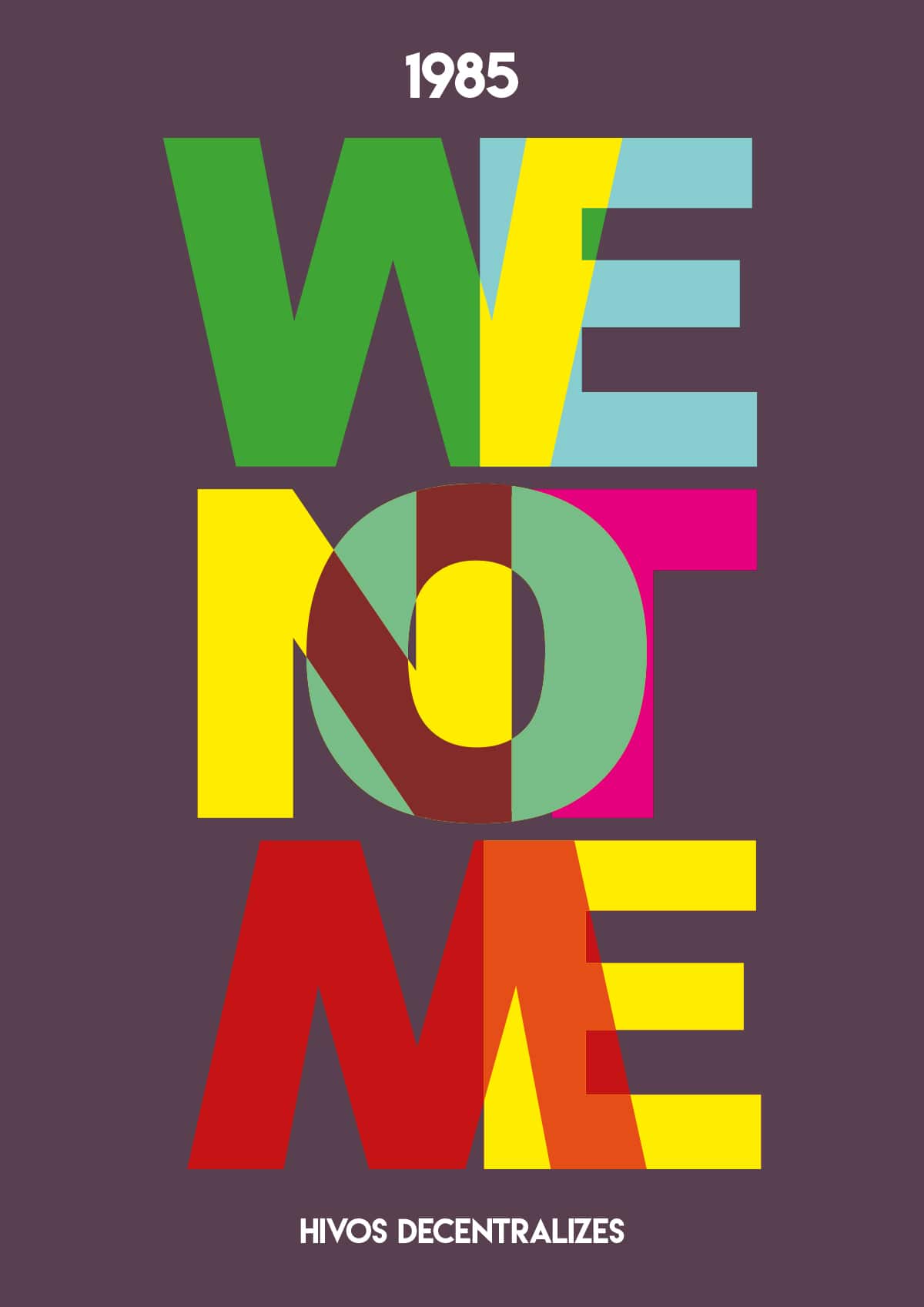
Closer to the field: Hivos decentralizes
A crucial decision was the decentralization of part of Hivos’ work to regional offices in Zimbabwe (1988), India (1991), Costa Rica (1994) and Jakarta (2004). Given the fact that Hivos deliberately took the risk of supporting young, unknown groups, it needed people who were able to assess local realities. The regional offices were given a high degree of autonomy, which was unusual at that time.
Read more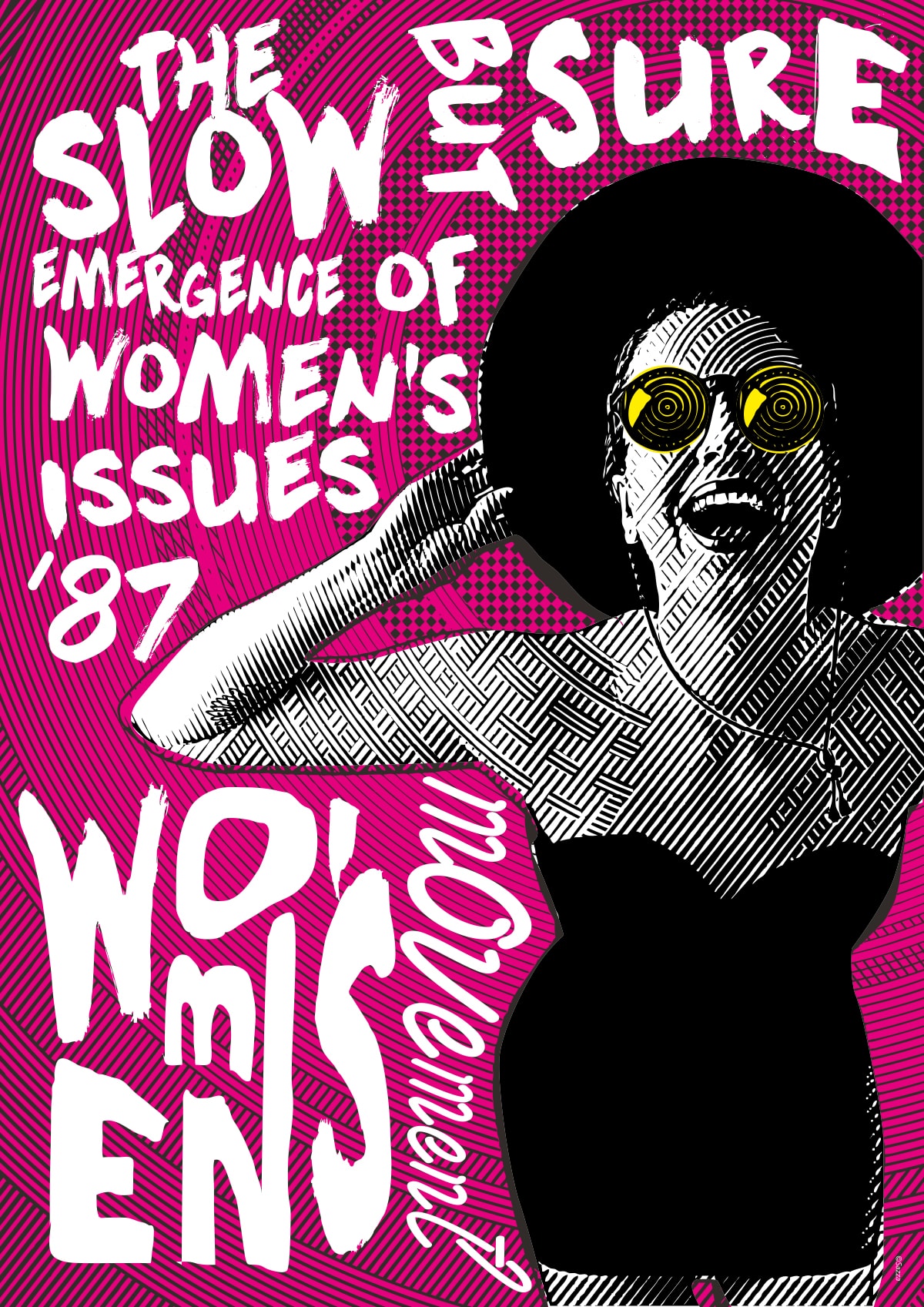
The slow but sure emergence of women’s issues
It took until the mid-1980s before Hivos successfully advocated for a greater focus on gender. Following a staff retreat in 1987, Hivos’ policy paper ‘Women and Development’ marked a turning point: from then on Hivos included matters such as sexuality, violence against women, and women’s right to self-determination in its agenda. This transformed the organization into a frontrunner in the fight for women’s issues.
Read more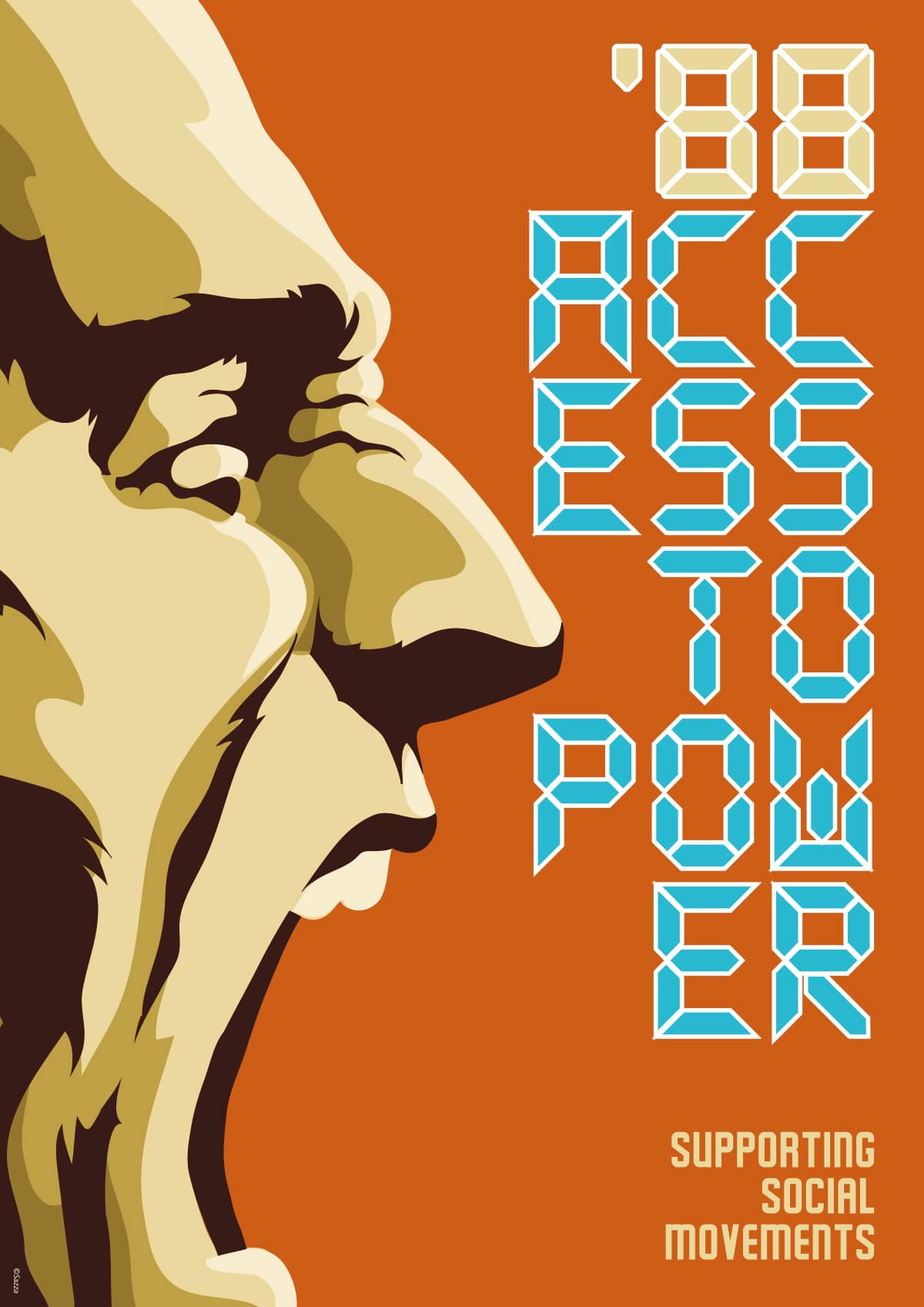
Access to Power: supporting social movements
Hivos was a pioneer in many respects. Supporting social movements to build a democratic, plural society was the logical outcome of one of its most important strategy documents, ‘Access to Power’. Its main message: A radical democratization of society is needed, a society in which ‘as many people as possible in a wide variety of small and larger social groupings’actively participate.
Read more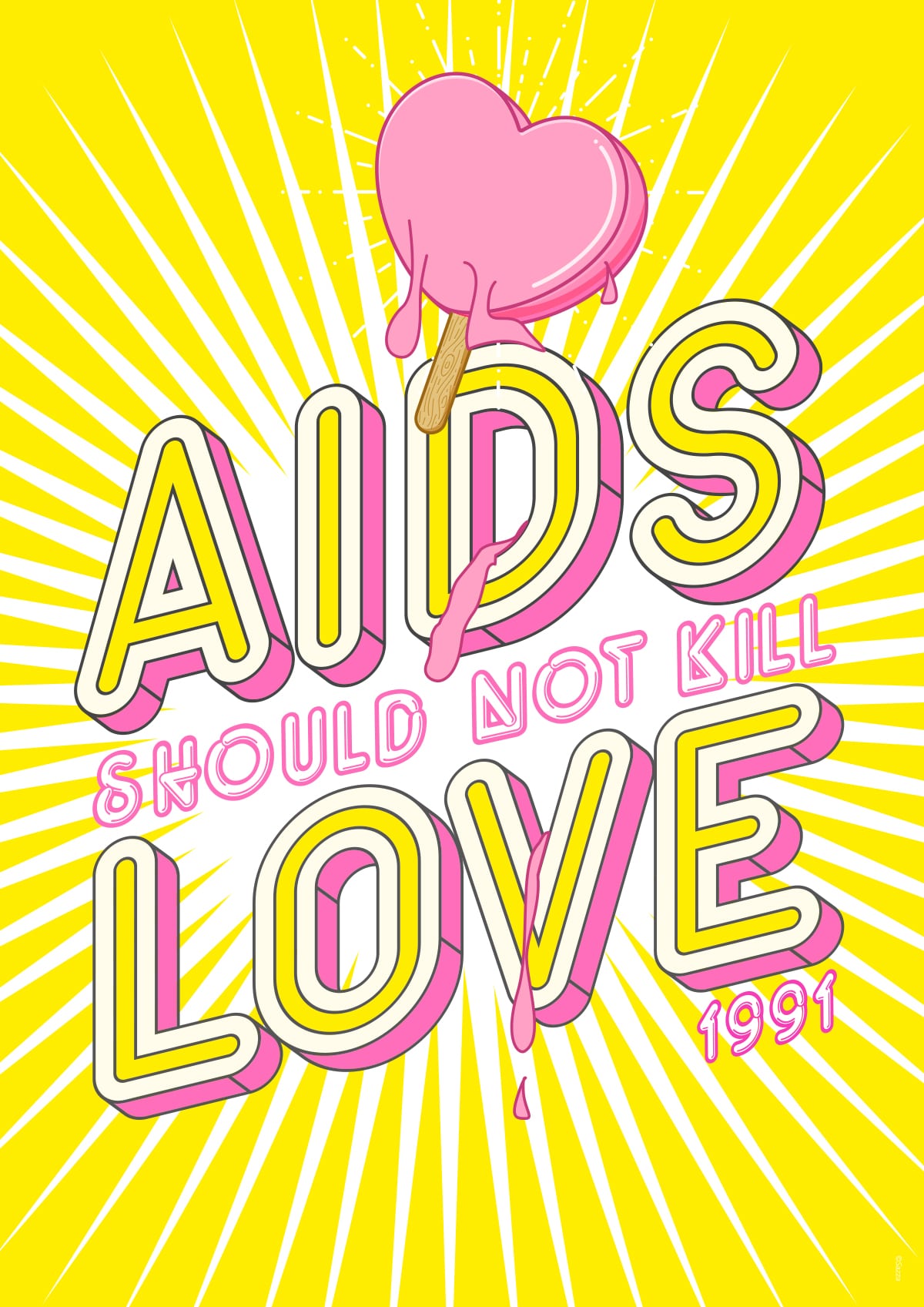
AIDS is a human rights problem
Hivos was one of the first development organizations to respond to the HIV/AIDS pandemic. It chose an unconventional approach, arguing that AIDS is not a purely medical problem, but a development and human rights problem. Its program focused on the dignity and human rights of the groups that were most at risk of infection. As long as they were discriminated against and stigmatized, they would lack access to HIV prevention and treatment
Read more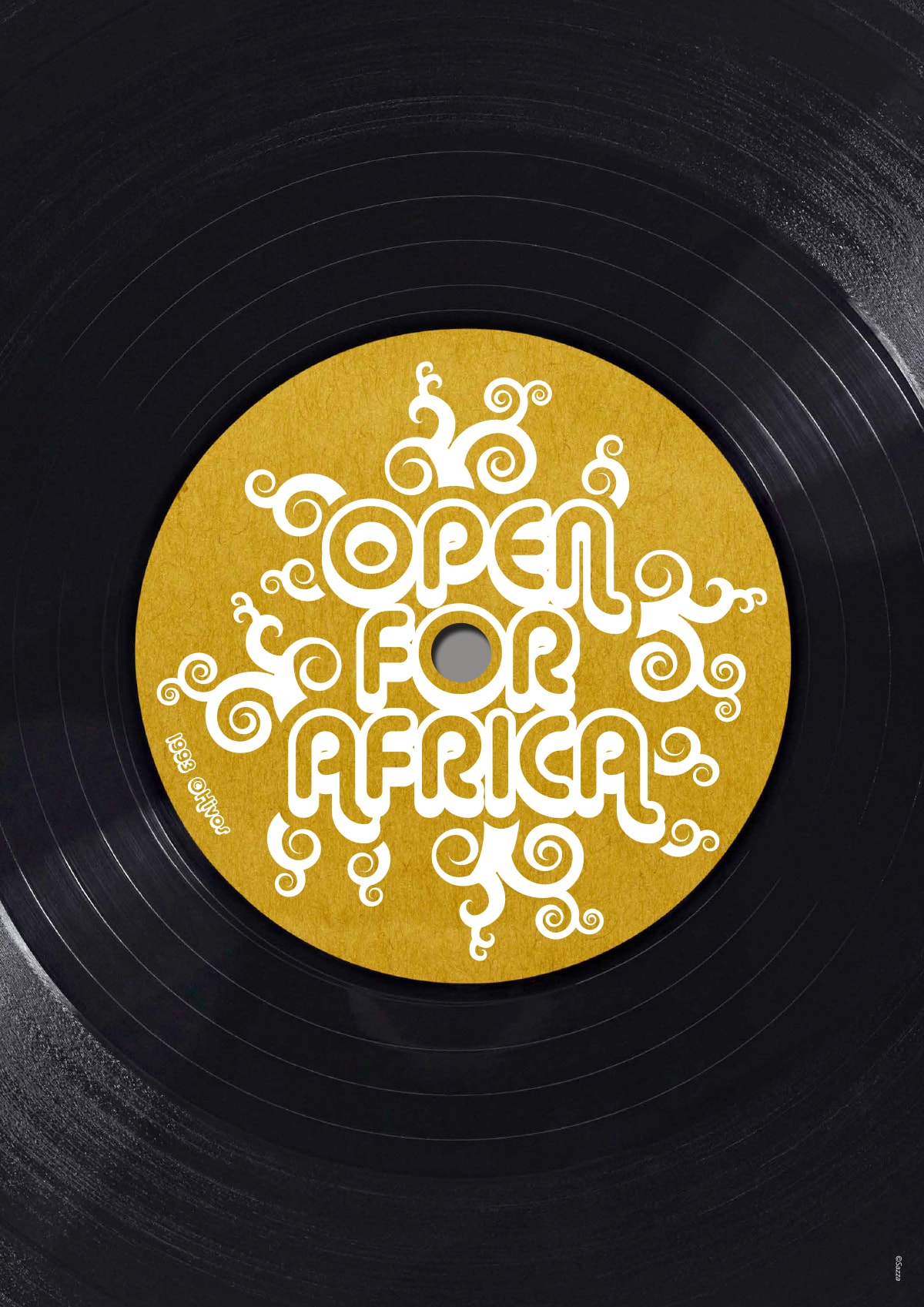
Open for Africa
To commemorate its 25th anniversary, Hivos invited famous artists to showcase Africa’s rich culture and trade products. The month-long ‘Open for Africa’ campaign was designed to create an open mindset and show that Africa is so much more than misery and hunger. It launched with a spectacular festival in Rotterdam, after which an African caravan traveled to 10 Dutch cities; culminating with two concerts by Peter Gabriel in Ahoy.
Read more
Hivos Triodos Fund
The Hivos Loan Fund, launched in 1971, was still operational in the nineties but as a risk-bearing Loan Fund. This raised eyebrows because many thought a development organization should not be allowed to ‘play bank’ – one of the reasons why Hivos opted to co-operate with Triodos Bank. Today the Hivos Triodos Fund has supported tens of thousands of businesses, while still realizing a reasonable return on investment.
Read more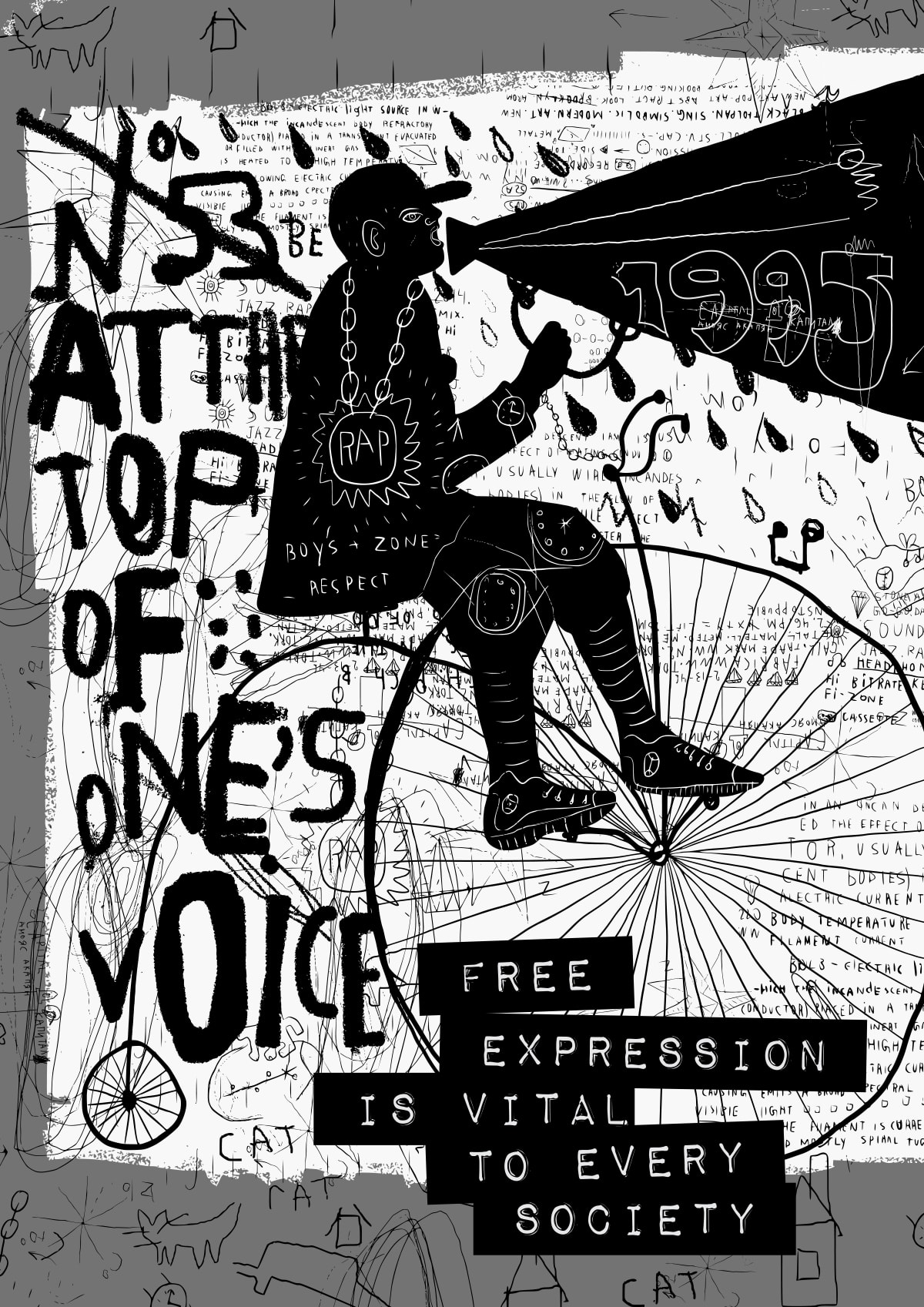
Hivos Culture Fund
“Free expression is vital to every society.” says Zimbabwean poet and writer Chenjerai Hove. His words embody Hivos’ humanistic values. In 1995, the organization launched a new fund to support artists as important catalysts for social change. The Hivos Culture Fund was unique in financing art and cultural initiatives ‘for art’s sake’, and not for their social or political messages.
Read more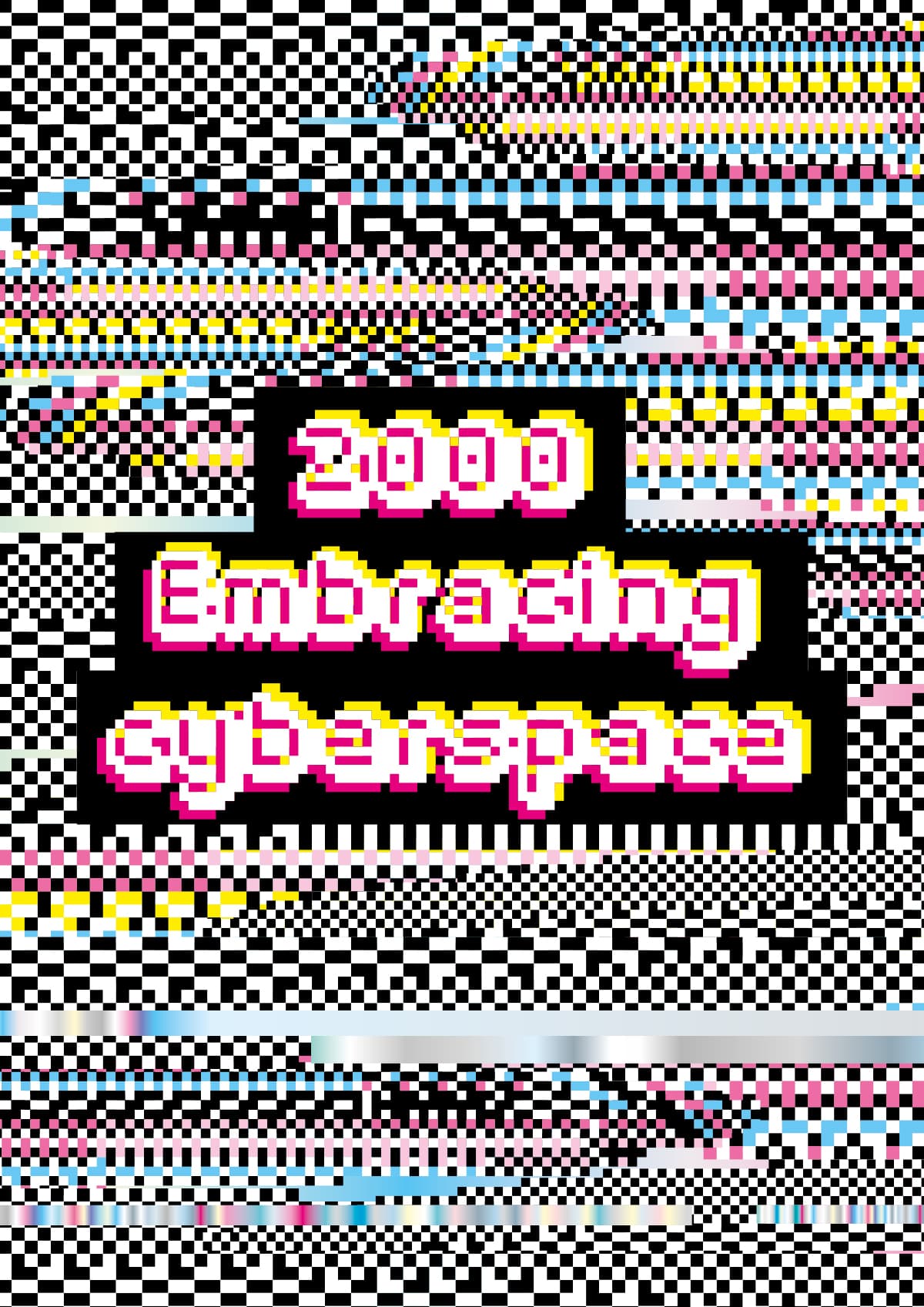
Embracing cyberspace
Although in 1994 the internet was still quite new, Hivos’ Loe Schout realized it would change the world. A year later, Hivos became the first Dutch development organization to have its own website. By 1999, an intranet connected all regional offices to the head office. In 2000, the document ‘Access for All’ laid the foundations for Hivos’ internet policy: equal opportunities in cyberspace.
Read more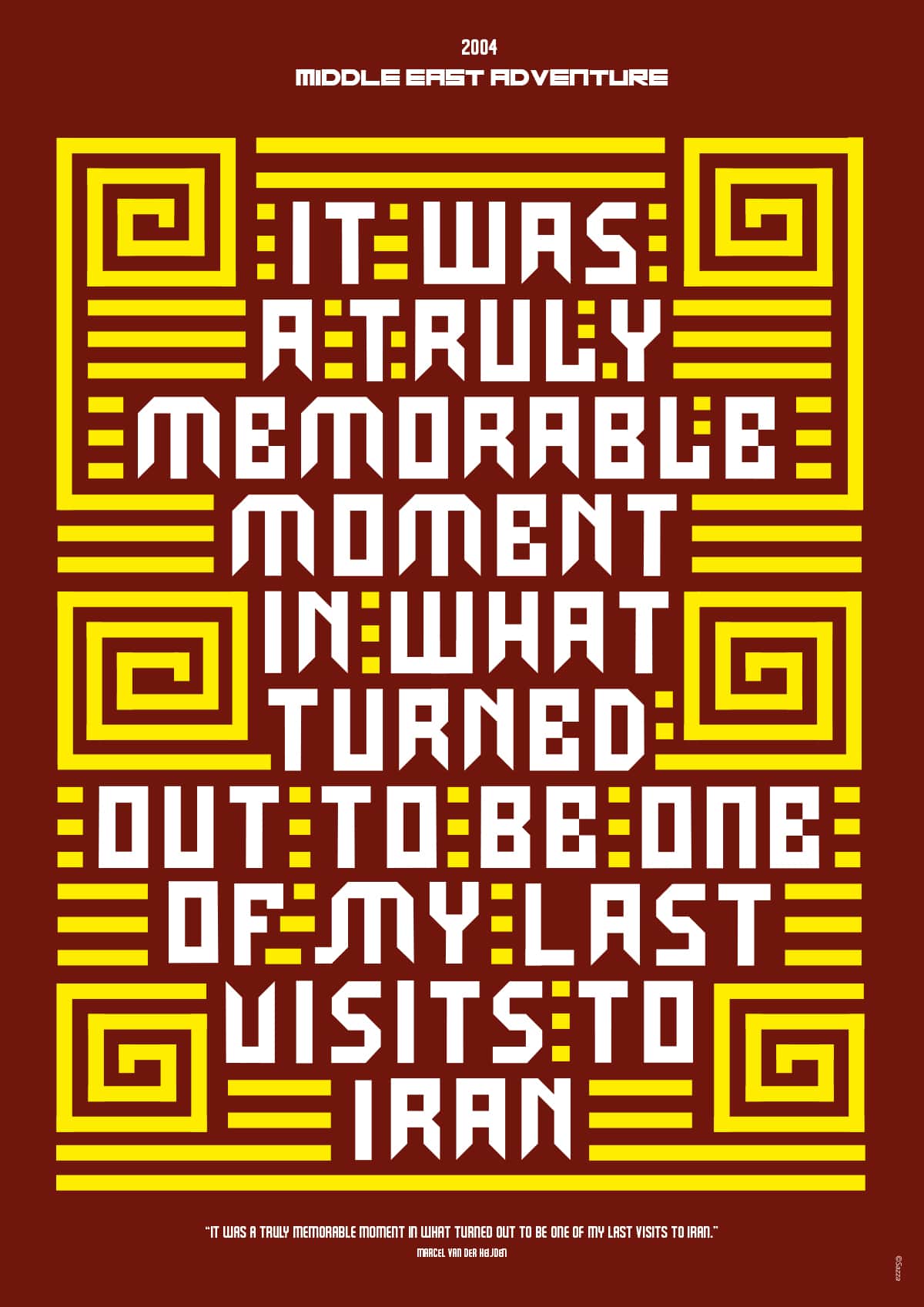
Middle East Adventure
In 2002, Hivos expanded its activities westwards from India, aiming to actively support freedom, a strong civil society, and the empowerment of women in particular. Iran turned out to be the best choice, with its emerging NGO movement and no Western development organizations to provide support. This marked the start of a growing Iran program until increasing repression forced Hivos’ partners to close down their offices in 2007.
Read more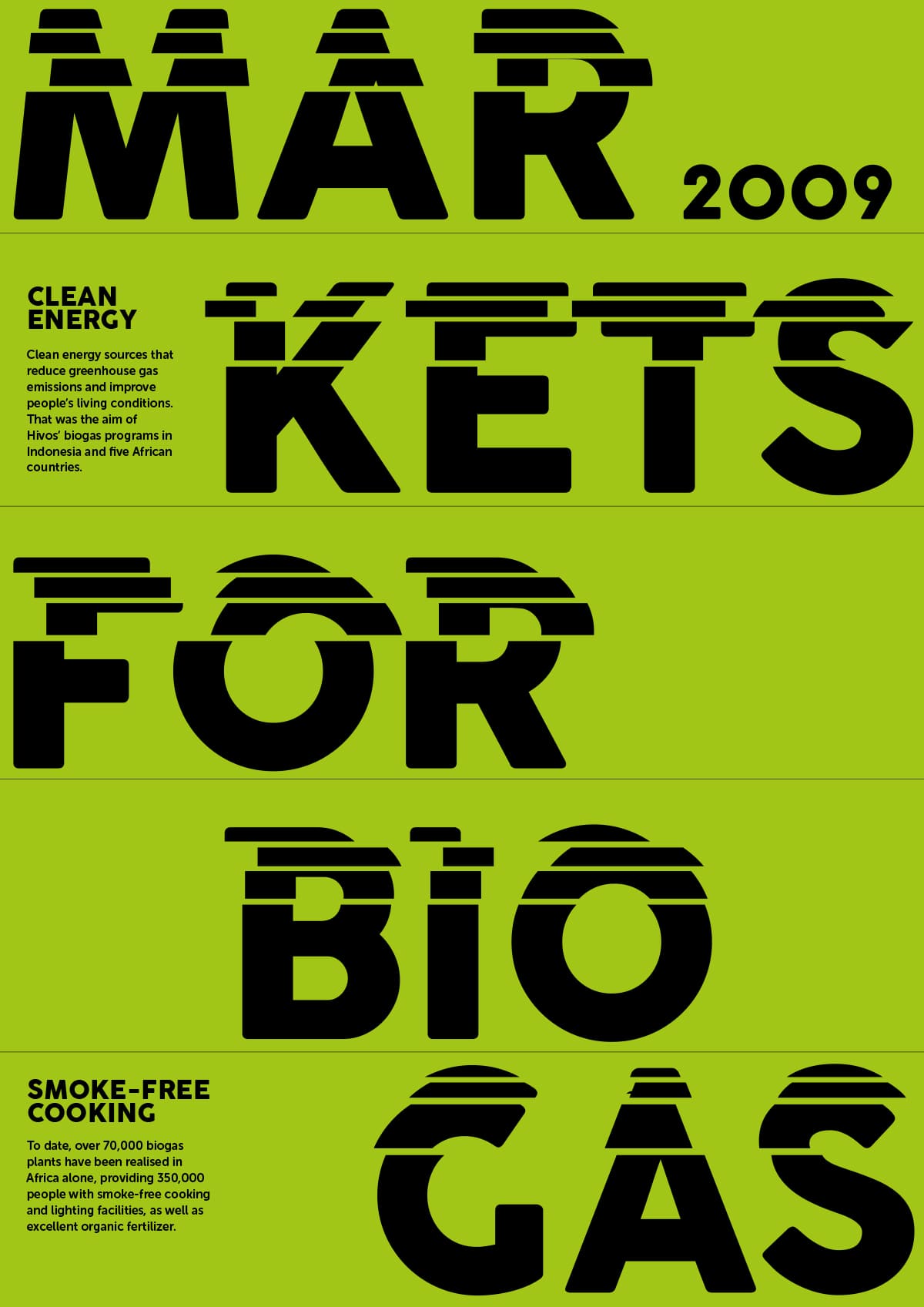
Markets for Biogas
Providing clean energy sources that reduce greenhouse gas emissions and improve living conditions is what Hivos’ biogas program is about. In cooperation with SNV, Hivos uses a market-based approach to help build mature biogas sectors that create their own commercial markets. To date, over 70,000 biogas plants have been realized in Africa, providing 350,000 people with smoke-free cooking and lighting facilities, as well as organic fertilizer.
Read more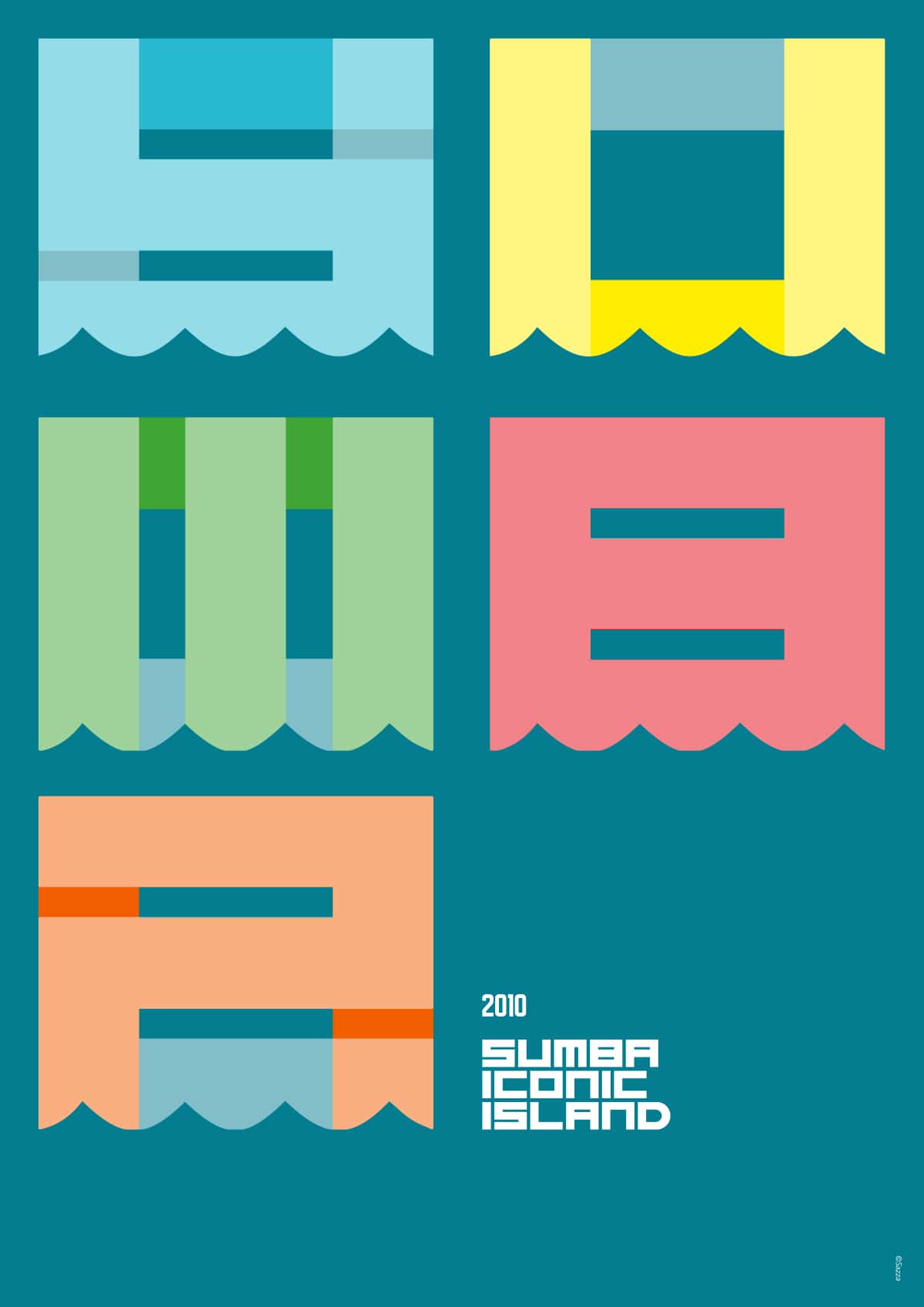
Sumba Iconic Island
100% renewable energy worldwide! That was Hivos’ revolutionary message in 2010. Not only as a solution to the climate crisis, but also as an engine for development. On the Indonesian island of Sumba Hivos works with villagers, local leaders, the government and the private sector to help provide the 650,000 inhabitants with renewable energy. Sumba Iconic Island now serves as a replicable model on an international scale.
Read more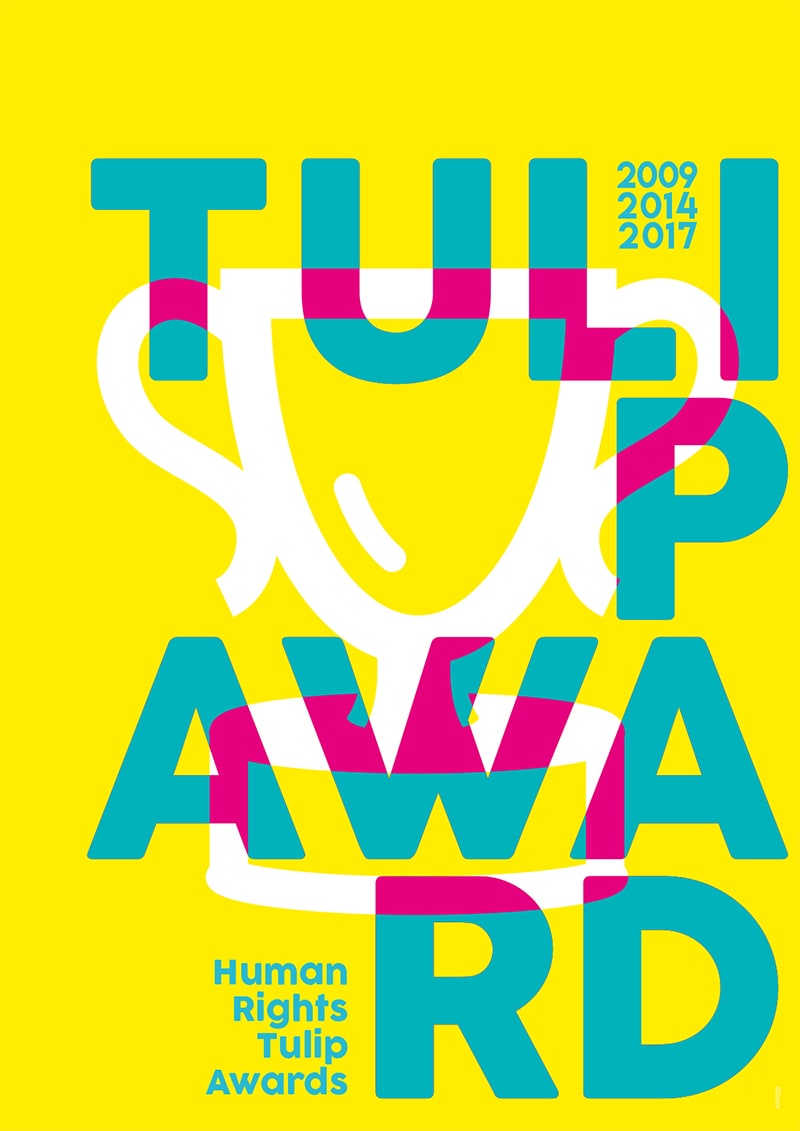
Human Rights Tulip Awards
Three of Hivos’ brave human rights partners have received the Human Rights Tulip, awarded by the Dutch government: Shadi Sadr, Esra’a Al Shafei and Graciela Pérez Rodriguez.
Read more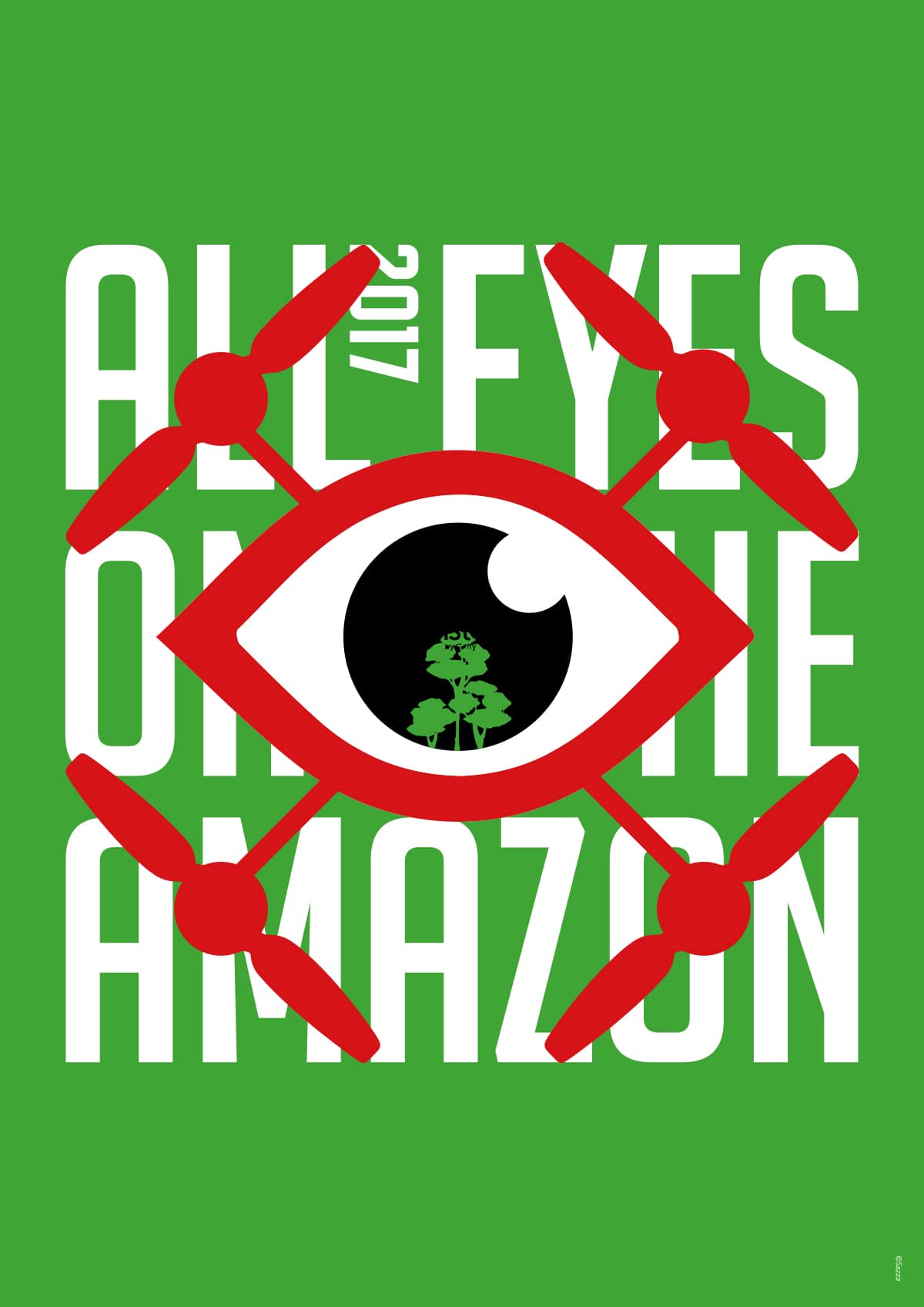
All Eyes on the Amazon
In 2017, the Dutch Postcode Lottery awarded its prestigious Dream Fund to Hivos and Greenpeace to support their efforts to combat deforestation in the Amazon rainforest. Together with indigenous communities, a coalition of eleven organizations will investigate and document forest destruction, combining local knowledge with the latest technological developments. The goal is to protect some eight million hectares of intact forest landscape.
Read more